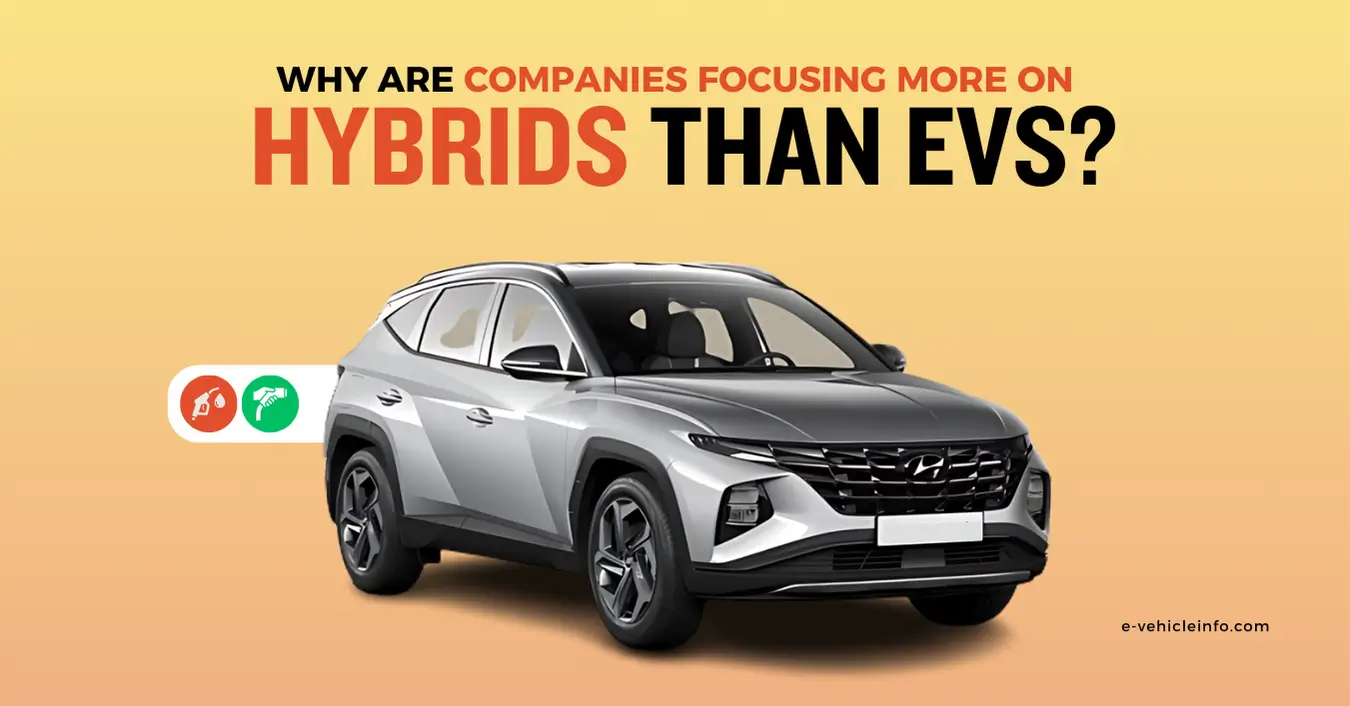
This strategic pivot prompts a crucial question: Why the change?
Well, there are several factors influencing this shift.
Firstly, EV charging infrastructure expansion still lags, hindering widespread adoption. Secondly, despite decreasing prices and occasional discounts, EVs remain relatively expensive for many consumers compared to hybrids, offering a more accessible entry point into the green vehicle market.
Several companies, like Aston Martin, Mercedes-Benz, Bentley, and Polestar, have postponed their electrification timelines, with Aston Martin pushing theirs to 2026. Aston Martin aims to introduce a series of key hybrid models before launching its full-scale EV lineup.
Similarly, Mercedes-Benz has delayed its electrification goals by five years. Bentley and Polestar are among the other companies also adjusting their plans for electrification.
Indian automakers like Toyota, Maruti, and Honda favor hybrids over electric cars.
Maruti Suzuki plans to introduce mostly hybrids in the next five years, while Toyota aims to launch low-cost hybrid options for the Indian market.
These companies advocate for incentives to make hybrids more affordable.
Despite limited government support, incentives from other sources have led to the launch of more affordable hybrid models, increasing the hybrid market share from 0.5% in 2022 to 2% in 2023, according to industry estimates.
Thus, in this article, we’ll delve into the rationale, and the key reasons behind EV companies’ pivot towards hybrids, examining the interplay of factors shaping the future of sustainable mobility.
7 Main Reasons Behind EV Companies turning to hybrid
1. Reliability and Fuel Efficiency
Hybrids have surged in popularity due to their reputation for reliability, a trait that has resonated strongly with consumers seeking dependable transportation options.
Unlike early models, modern hybrid vehicles offer seamless electric and gasoline power integration, resulting in smoother driving experiences.
The dual power sources also provide a safety net, ensuring that drivers can continue their long journey even if one power source encounters an issue.
With hybrids, an internal combustion engine and an electric motor provide a backup system in case one fails. This redundancy minimizes the risk of being stranded during journeys due to power failures, offering drivers an added sense of security.
In contrast, purely electric vehicles rely solely on battery power, making them more vulnerable to unexpected power outages or battery malfunctions.
Consequently, the dual power source configuration of hybrids enhances their reliability by providing a fallback mechanism that purely electric vehicles lack.
Hybrid electric vehicles (HEVs) have gained favor among consumers, thanks in part to their affordability compared to electric vehicles (EVs).
Comparative pricing data from market researcher Jato Dynamics reveals that, on average, hybrid vehicles are priced at Rs 16.98 lakh, whereas electric vehicles come in at Rs 17.71 lakh.
This indicates that hybrid vehicles are typically Rs 1 to 2 lakh cheaper than electric vehicles. As a result of this pricing discrepancy, hybrids dominated 12.6% of total passenger vehicle (PV) sales in January-November 2023, while EVs accounted for only 2.3% of the market share.